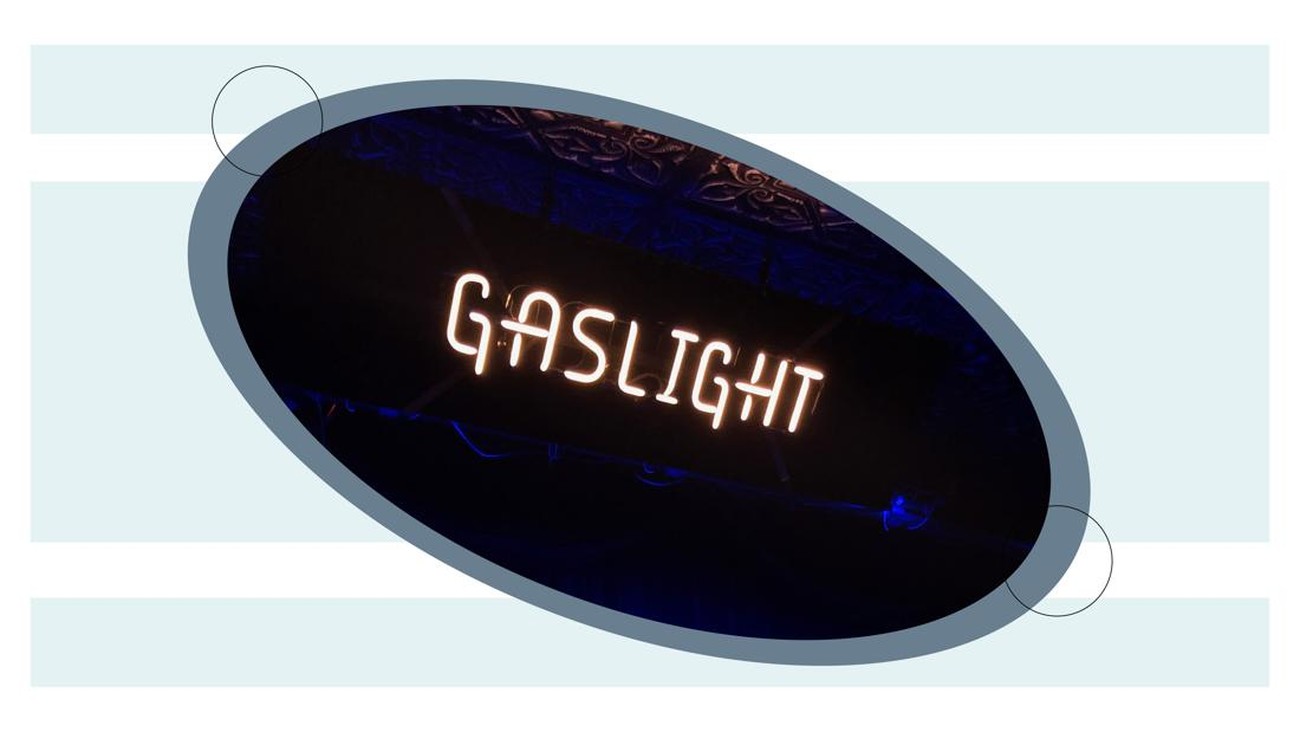The interest in this particular term has surged with a 1740% increase in searches this year—enter, gaslighting, Merriam-Webster's Word of The Year. The American online dictionary defines gaslighting as the act or practice of grossly misleading someone especially for one's own advantage. Unlike lying, which tends to be between individuals, or fraud, which tends to involve organizations—gaslighting applies in both personal and political contexts, and is found in formal and technical writing as well as in colloquial use. With the increased use of the word in many contexts related to modern forms of deception and manipulation, such as fake news, deepfake, and even artificial intelligence, it feels apt that the word receives the recognition.
The news probably doesn't come off as a surprise as the word has been thrown around here and there so easily over the course of the year; on a TikTok video, on a relationship-related Instagram post, on a Twitter thread, oftenly slapped next to—another famous word this year—red flag. With this phenomenon, somehow people have misused and misunderstood the term; gaslight this, gaslight that. What exactly is gaslighting?
Gaslighting first comes to light thanks to a 1938 play and the movies that's based on the aforementioned play, Gas Light, which tells the story of a man attempting to make his wife believe that she is going insane. His mysterious activities in the attic caused the house's gas lights to dim, but he insists to his wife that the lights aren't dimming and she can't trust her own perceptions.
Both the play and the film were quick to gain popularity, with more than 1,000 performances on Broadway and the 1944 film earning a best picture nomination and an Oscar for Ingrid Bergman. Due to its popularity, the noun "gaslight" eventually became a verb as well.
 Gas Light/ Foto: The Independent Gas Light/ Foto: The Independent |
Today, gaslighting is described as a type of emotional abuse. Someone who gaslit another person will try to make them doubt their perception of reality by convincing them that their memories are wrong or that they are overreacting to an event. Then, the perpetrator may present their own thoughts—of course, modified—as the "real truth".
If we can be honest for a sec, the word is quite overused nowadays. People throw the word around so easily, thinking that the meaning comes close to lying or guilt tripping, but it is more than just that—it's more sinister than lying. Gaslighting is downright abusive as it is also a form of "psychological manipulation that causes the victim to question the validity of their own thoughts, perception of reality, or memories, and typically leads to confusion, loss of confidence and self-esteem, uncertainty of one's emotional or mental stability, and a dependency on the perpetrator" according to Merriam-Webster, word by word. With that explanation alone, I'd think twice if I were to use the right word to explain the experience I'm going through.
We see the word almost everywhere mainly because there is a misconception of the true meaning it carries. It's often used in a very broad sense to mean invalidating people's experience of reality. Truth is, yes, people invalidate others—it feels shitty and can certainly be a form of emotional abuse, but that doesn't automatically make it abusive. Not believing someone is not the same thing as gaslighting. Lying is also not always a form of emotional abuse. Emotional abuse is an extremely serious problem that can destroy someone's life. So perhaps, stop calling any little thing gaslighting.
(HAI/alm)


